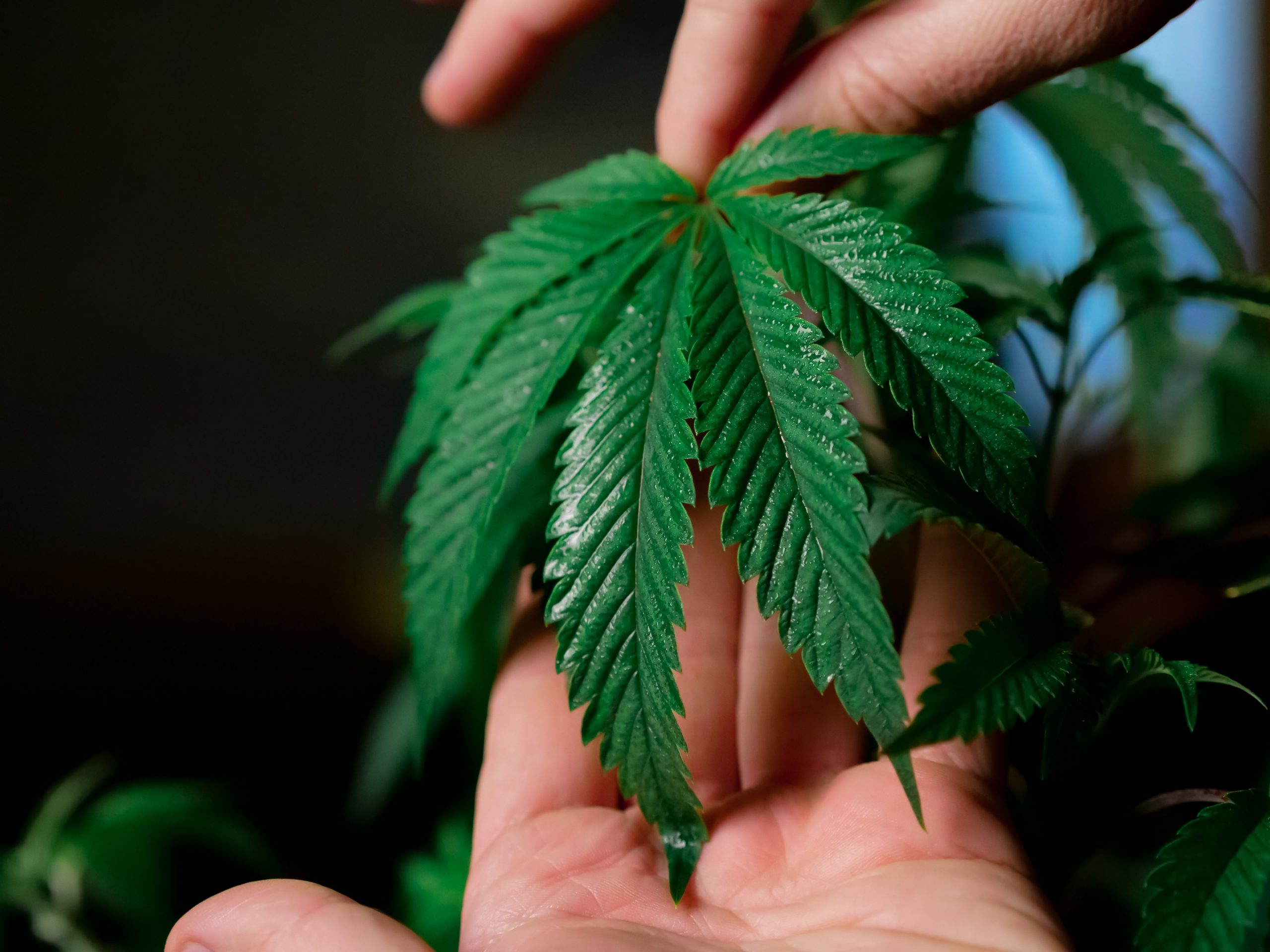
New Jersey’s cannabis regulatory authorities are currently open to public feedback regarding an innovative proposal aimed at introducing a novel permit. This permit would enable “clinically focused” dispensaries to collaborate with research institutions, facilitating comprehensive studies on cannabis using the products they cultivate and sell to patients.
The New Jersey Cannabis Regulatory Commission (CRC) is actively seeking to amend the state’s existing marijuana legislation to establish what they are terming “clinical registrant permits.” These permits are designed to encourage more targeted research into the medical benefits of cannabis, particularly in therapeutic or palliative contexts. Importantly, this research would not rely on externally sourced cannabis products.
Under the proposed system, clinical registrants would possess the same privileges as traditional dispensary license holders. However, they would also have the unique capability to form “written contractual relationships with academic medical centers in their respective regions.” These partnerships would empower them to engage in clinical research centered around the use of medical cannabis.
In essence, this groundbreaking initiative would permit researchers to conduct clinical trials involving patients within the state, utilizing the very cannabis products that patients purchase from dispensaries.
The proposed rules state, “A clinical registrant may dispense usable medical cannabis and medical cannabis products, in any form authorized by an institutional review board (IRB), directly to an academic medical center as part of a research study.” Additionally, academic medical centers engaging in such research would be required to handle cannabis items with the same high standards applied to other patient medications.
It’s important to note that clinical registrants would be prohibited from simultaneously holding non-clinical medical cannabis cultivation, manufacturing, or dispensary permits, or a personal-use cannabis business license. Furthermore, academic research institutions partnering with clinical registrants would be restricted from accepting “anything of value” from these clinically focused dispensaries, except for reasonable compensation stipulated in the research contract.
The public is invited to provide comments on this proposal until October 6, with the CRC emphasizing that these new rules could substantially benefit society by achieving the statutory objective of ensuring safe access to medical cannabis for patients in need through the introduction of this additional permit type.
This novel permit type could play a pivotal role in addressing research gaps caused by federal cannabis prohibition. Researchers have been burdened by stringent registration procedures with the Drug Enforcement Administration (DEA) to access cannabis for studies. Additionally, they have had to rely on government-grown cannabis products that are often of inferior quality and potency compared to those available in state-legal cannabis markets.
This issue was a point of discussion during a recent meeting among representatives from several federal agencies. Nora Volkow, the Director of the National Institute on Drug Abuse (NIDA), has herself expressed support for allowing researchers to study cannabis from state-licensed retailers.
While a bill signed by President Joe Biden last year aimed to streamline the cannabis research process, it lacked provisions found in a House version that would have granted scientists access to cannabis from licensed dispensaries.
Many of the research roadblocks surrounding cannabis could potentially be resolved if the U.S. Department of Health and Human Services (HHS) recommendation to reclassify the substance from Schedule I to Schedule III under the Controlled Substances Act (CSA) is accepted. However, it remains uncertain whether the Drug Enforcement Administration (DEA) will endorse this recommendation.
Source: Marijuana Moment
EXPLORE MORE NEWS
Newsletter




